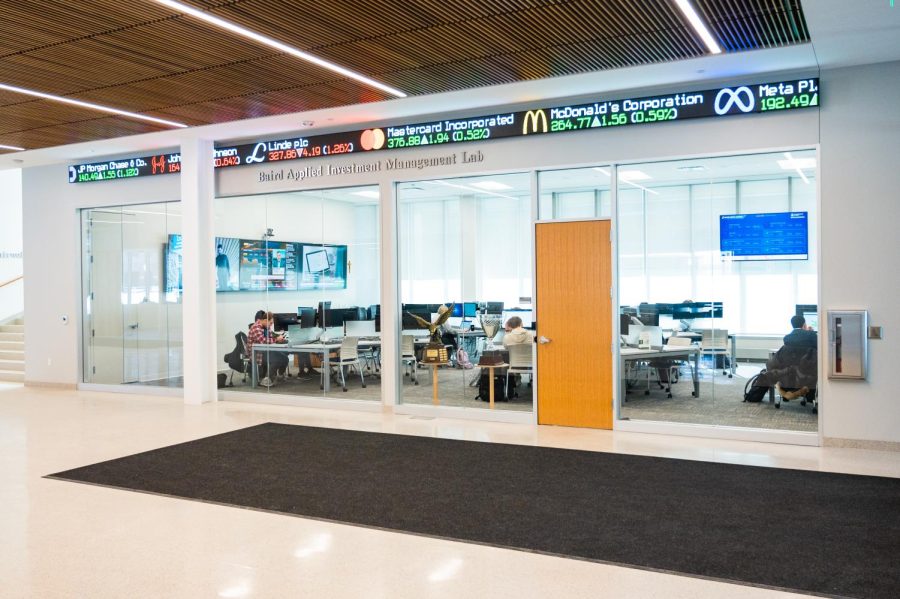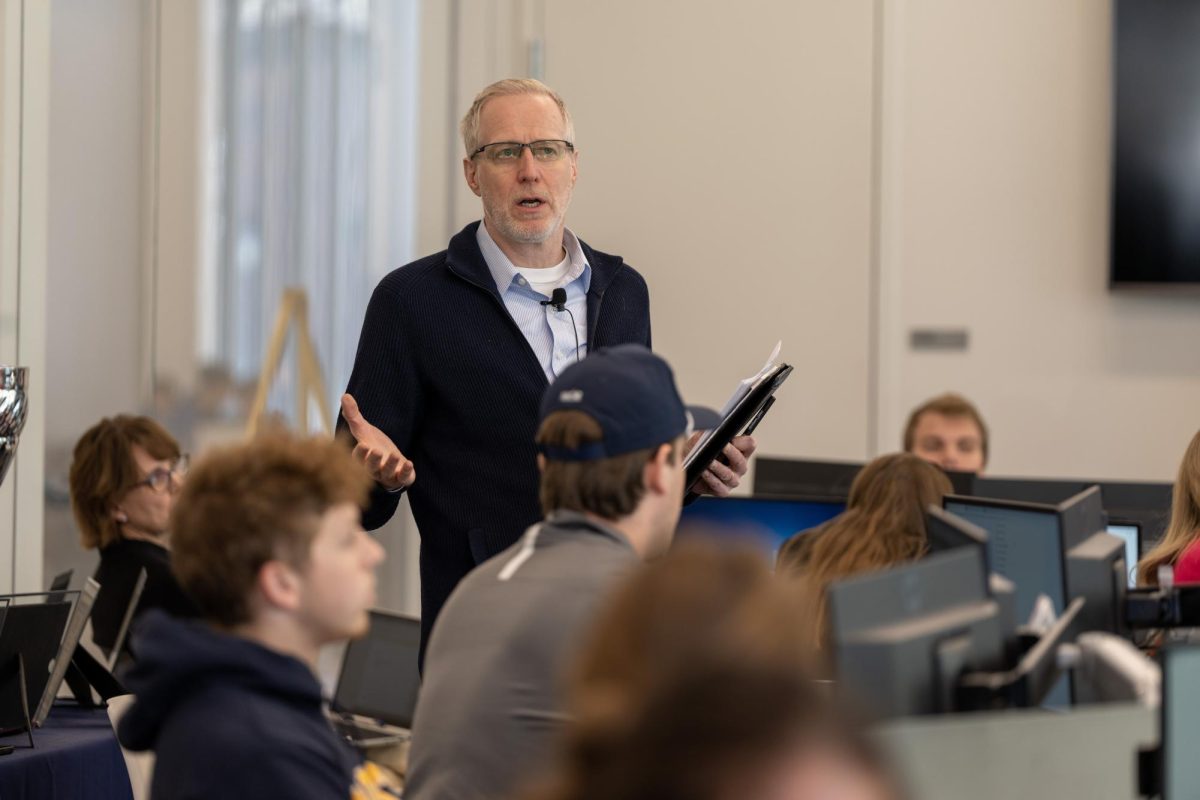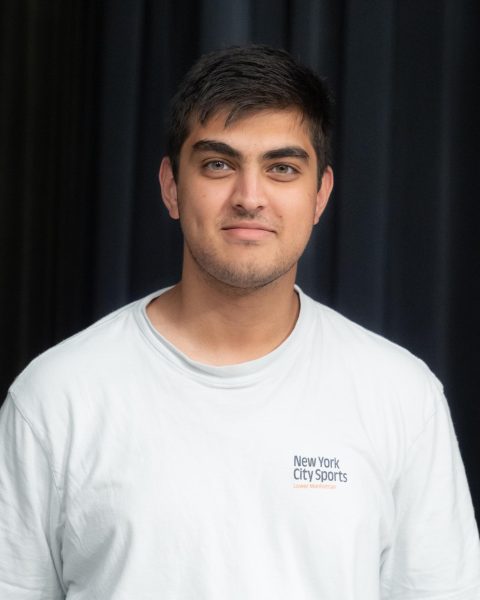The Marquette University Undergraduate Curriculum Committee is set to vote on a potential new major in Accelerating Ingenuity in Markets May 3 under the College of Business Administration.
If passed by the UCC, the decision will be passed on to the University Academic Senate where they will vote May 8.
The major, which has been in the works for the past few years, has begun to come to fruition with this vote and the addition of Accelerating Ingenuity in Markets classes being offered next fall.
“The major is designed to help students be careers ready. The applied major of it is to help students, so they can walk in on the first day prepared and employers want students that can start working the day they show up to hit the ground running,” James Valentine, a professor in the College of Business Administration and director of the AIM program, said.
With the establishment of the new major, the existing Applied Investment Management program, which helps students gain hands-on experience in academic and financial expertise, will remain the same. The new major will also fall under the same AIM acronyms but instead represents Accelerating Ingenuity in Markets.
The major will be established as a secondary major, meaning students cannot enter Marquette solely with the intention of only being an AIM major. Additionally, Valentine said there will not be a minor offered in AIM and a 3.0 is required to enter the major unless an exception is made.
“I feel that the AIM major will open up the program to allow the student to really know the benefits of the program. I believe it will allow students like freshmen and sophomores to open up their eyes about what they want to do with their careers,” Bassel Fouad, a senior in the College of Business Administration, said.
Fouad said that over the years he has been a part of the current AIM program at Marquette, he has enjoyed the relationships he has made with others on not only a professional level but also a personal level.
“It feels good, this major is something that really interests me, and I hope to pursue in the following years,” Shayyan Rasool, a first-year in the College of Business Administration, said.
Rasool wants to use this major to gain hands-on experience in things such as research within the financial industry or working with colleagues as he advances in his career.
With the establishment of the new major, the existing Applied Investment Management program, which helps students gain hands-on experience in academic and financial expertise, will remain the same.
“This is going to be about how do we get students prepared to work in any kind of market-based industry, and that would include things like stock market, financial technology, or working any markets,” Valentine said.
The AIM program will continue to allow students to follow three tracks. The first is the Charter Financial Analyst track which will focus on banking and equity research. The second is the FinTech track which helps students analyze and research up-and-coming markets, along with the ability to analyze disruptive markets. The last is the general AIM track which will allow students to gain knowledge from both groups on a broader level.
Valentine said the overall intention with the new major is to move less away from the academic side and establish a more practical version of the major, which employers want to see. He stated that AIM members have had a 100% employment rate over the past 10 years, so it is essential for students to have hands-on experience the day they start the job.
Though Fouad is graduating in May, he said he is excited about this major and hopes to add more to the major as an alum by helping build the tracks and providing feedback.
“I believe that they planned the program really well, and I can’t wait to see the progress students, Dr. Valentine and Dr. Wall [AIM executive director] make over the coming years,” Fouad said.
Rasool said that he can’t wait to see how the program works to benefit students such as him during their time at Marquette. He knows that with the experience and knowledge he will gain over the years, he will be able to delve into the workforce feeling that he is making the correct financial decisions.
“I left Wall Street because I want to help students build user skills and attain the best job they can. I want them to do well in their careers and that’s why I’m here, and Dr. Wall, my executive director, as well. The two of us stopped working and got our doctorate degrees and now we’re here because we want to help students fully utilize their skills to get the best careers possible.”
This story was written by Uzair Qhavi. He can be reached at uzair.qhavi@marquette.edu or on Twitter @uzairqhavi.








